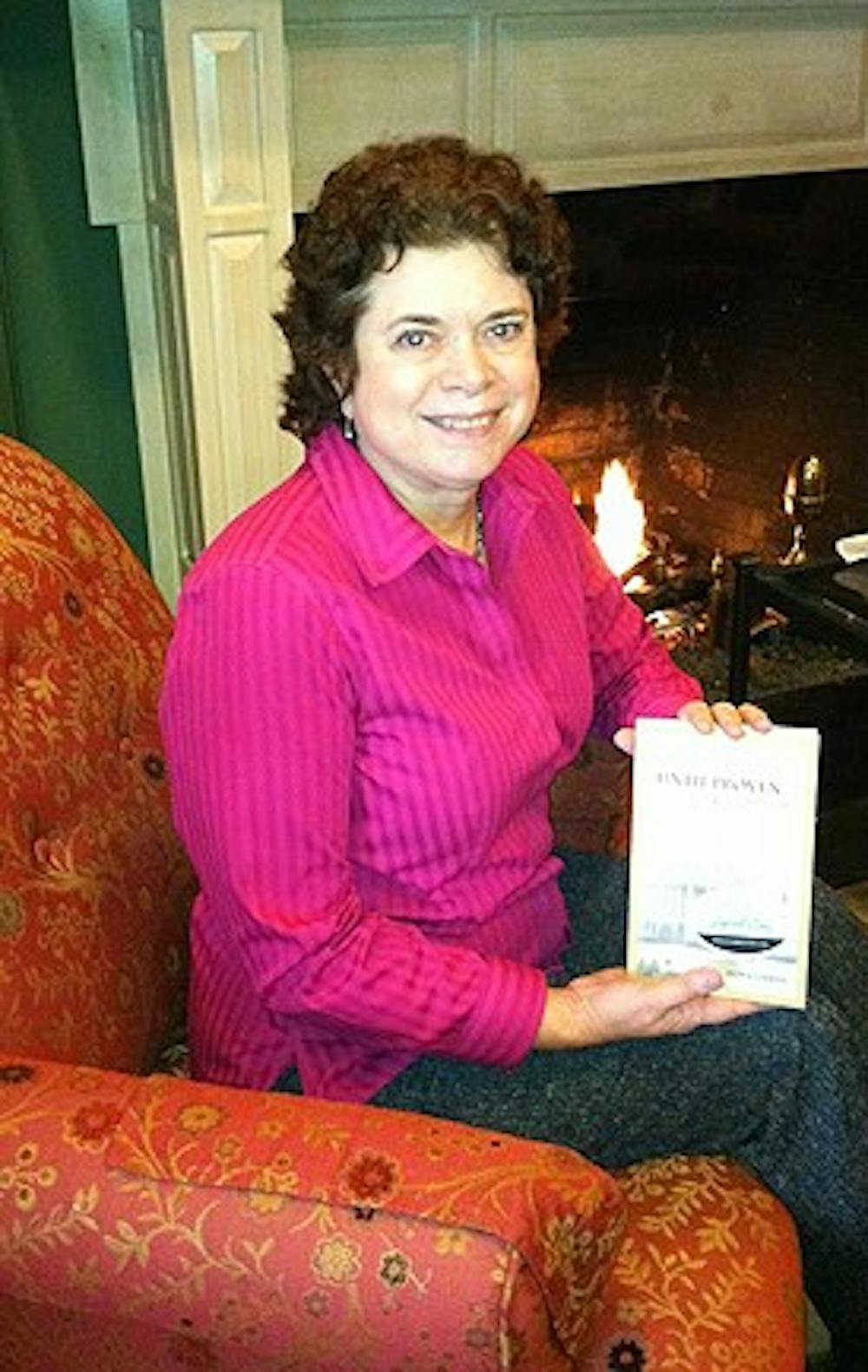But still, he was tried and convicted and spent almost a year in prison in Raleigh. He got a new trial — the Court of Appeals overturned the verdict — and he was acquitted.
To me, at ages 12 through 14, it was pretty stunning to think that someone who did not commit a crime could even be charged with it — much less convicted.
It became a story that I always thought I wanted to tell in some fashion.
DTH: What are the major themes you hope people get from it?
NG: Number one, I hope it’s a good story that people will enjoy reading.
Beyond that, I hope people will think about how justice can go so wrong and whether it can be set right once it gets off track. Can we rectify those mistakes?
I hope people will question and realize that even though we appreciate the safeguards that our legal system does have, we also have to question it and push to be sure that as a society we are being served in the best way possible.
DTH: How does living in Chapel Hill inspire you as an author?
NG: I’ve lived in this area all my life except for two years in my mid-20s when I lived in Seattle.
I’m sitting here now in my family room looking out the window into the woods — we live on a wooded lot — and watching spring come in.
The land where we live is typical of piedmont land around here in that it is hilly, and you can’t always see around the corner — you can’t always see over the hill.
There’s a little bit of mystery involved with it. I have to think my lifelong exposure to this landscape creeps into my writing. It’s where I set my stories, and my characters are influenced by it. There’s definitely a connection to where I’ve lived and what I write.
To get the day's news and headlines in your inbox each morning, sign up for our email newsletters.
DTH: How did your time at UNC affect your career as an author?
NG: I was an English major. I studied writing with Max Steele, who unfortunately is no longer living. I also studied with Louis Rubin, who is a retired English professor now. I am still using things that I learned working with those two teachers.
DTH: Do you have any advice for aspiring authors at UNC?
NG: Keep writing. Even in some years when I was not purposefully writing with the idea of publication, I tried to keep my hand in and keep my ideas flowing.
Keep writing and keep thinking about stories and eavesdrop a lot.
Listen to conversations around you — listen to how people express themselves.
Practice writing dialogue — how people talk to each other. In writing, it has to be a little different from the way they talk to each other in real life, and yet it has to be as natural as real conversation.
Practice those skills and look for good stories to tell.
Contact the desk editor at arts@dailytarheel.com.



